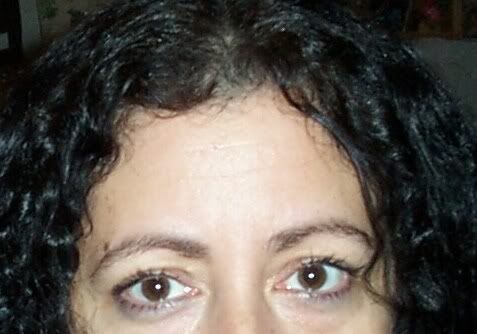
finding wonderful bits of Grace Paley all over the 'net. For example, from a 1987 article :
"...The narrator in "Wants" claims she wanted "to have been married forever to one person, my ex-husband or my present one. Either has enough character for a whole life, which as it turns out is really not such a long time. You couldn't exhaust either man's qualities or get under the rock of his reason in one short life."
"Enormous Changes at the Last Minute" is long for Paley, 17 pages. If she'd never written another thing she'd have a secure place in American fiction for this story about Alexandra as she approaches middle age, her father in a hospital and her affair with a cab driver that leaves her pregnant at the last minute.
Alexandra tells her young lover Dennis on meeting him in his cab that her ex-husband was a revolutionist, and he says, "We say revolutionary nowadays." " 'Nowadays!' she said. 'What does that mean? I guess you think you're kind of brand-new . . . The telephone was brand-new. The airplane was brand-new. You've been seen on this earth before.' "
Alexandra's father wasn't overly fond of her first husband, whom he refers to as "Granofsky, the Communist. He had no sense of humor. He's probably boring the Cubans to death this minute."
Paley said a movie was made of "Enormous Changes," and the filmmakers left out Dennis' songs and poems. Here's Dennis' prose essay, which he recites for Alexandra so she could "know him better and dig his substantialness."
"The kids! The kids! Though terrible troubles hang over them, such as the absolute end of the known world quickly by detonation or slowly through the easy-going destruction of natural resources, they are still, even now, optimistic, humorous, and brave. In fact, they intend enormous changes at the last minute."
-----------------------------------------------------
We're those kids, aren't we?
and this, from from a Litchat for Salon:
"When I wrote poetry I was very keenly aware of being influenced. When I was very young, I wrote a lot like Auden. It's kind of comical, because after all, I didn't have a British accent. I took a class with Auden when I was 17 years old. Those poems meant a lot to me then, but later on they didn't mean a damn thing. But I did write exactly like Auden. I had no sense of my own language yet.
I look at all those poems now, and I see I didn't yet realize that you have two ears. One ear is that literary ear, and it's a good old ear. It's with us when we write in the tradition of English writing, or Western writing that includes Proust and Flaubert, and German writers and so on, and also Joyce.
But there was also something else that I had but I didn't know it. I only knew it in my own speech, and that is the ear of the language of home, and the language of your street and your own people.
When I started writing stories, I had a kind of a breakthrough. I had enough poetry from this ear, and I suddenly broke into the language that I then continued to write with. That was an important hour in my life. It was a sudden thing. I was sick and had a few weeks off, so I had the time to listen. I was able to use both ears suddenly."



No comments:
Post a Comment